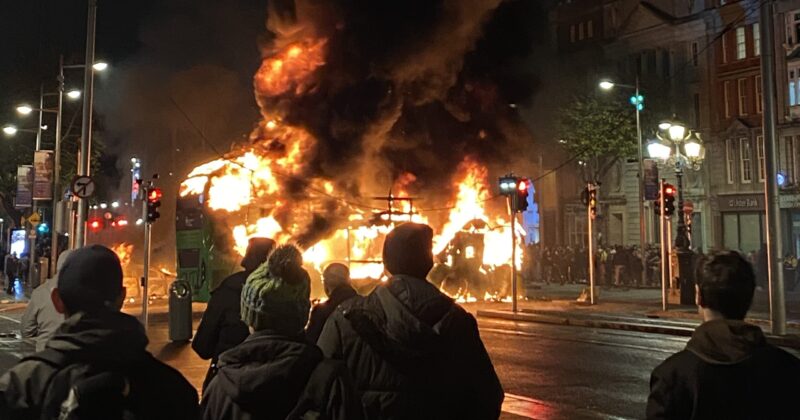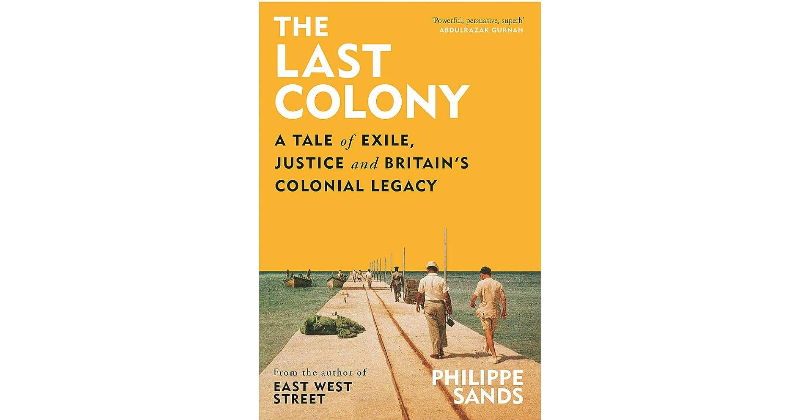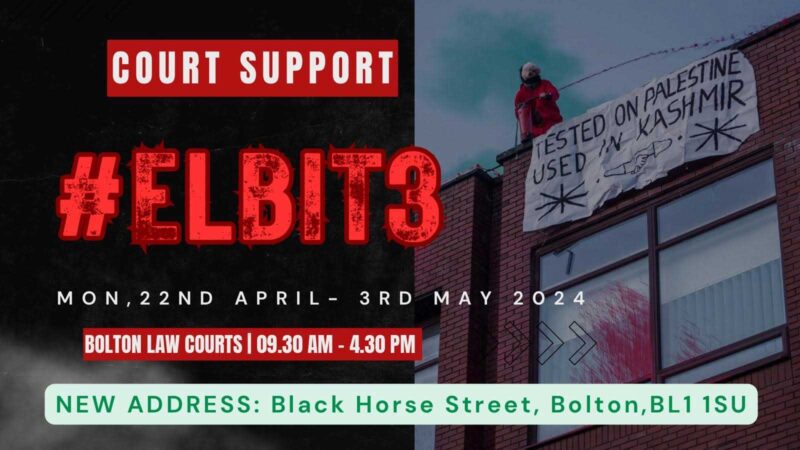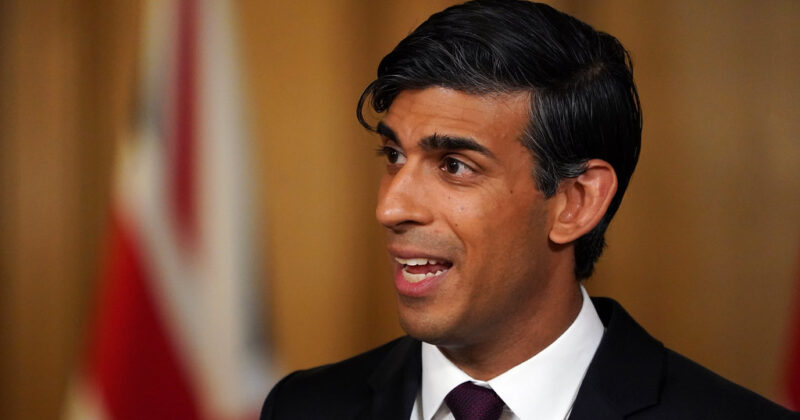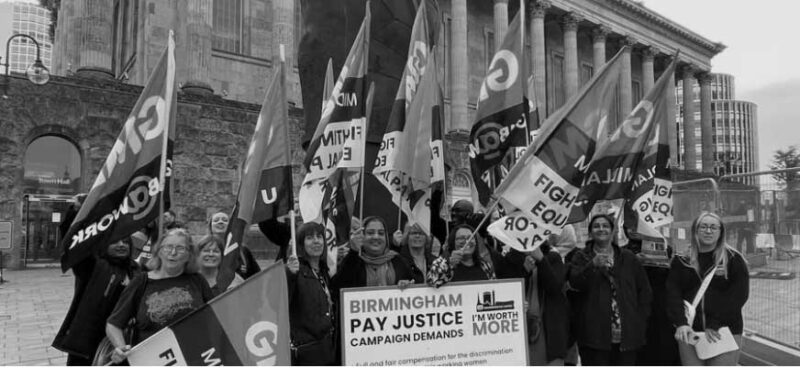Police are becoming more racist, not less
 Only token changes have been made since the 1999 Macpherson report concluded that the police were “institutionally racist”, after an inquiry into the Stephen Lawrence murder case exposed rampant police corruption and racism. Despite rising discrimination against Black and Asian people critical reports on continued police racism in 2004 and 2009, particularly around the racist use of stop and search laws, were ignored.
Only token changes have been made since the 1999 Macpherson report concluded that the police were “institutionally racist”, after an inquiry into the Stephen Lawrence murder case exposed rampant police corruption and racism. Despite rising discrimination against Black and Asian people critical reports on continued police racism in 2004 and 2009, particularly around the racist use of stop and search laws, were ignored.
Stop and Search
After the notorious SUS (stop and search) laws were repealed in 1981 after they sparked the Brixton riots – a massive uprising against police harassment and violence – the same practices have been re-legalised under a series of ever more repressive laws, with the same racist results.
Three laws cover different types of stop and search: the 1984 Police and Criminal Evidence (PACE) act, the 1994 Criminal Justice Act’s Section 60 powers, and more recent anti-terrorism legislation. The great majority (92 percent, 2006/7) occur under PACE.
Despite the changes proposed in the Macpherson report, a 2009 report by the Runnymede Trust report stated, “the disproportional use of this [stop and search] power has not changed over the last decade” in fact it has increased.
In 1998-2001 black people were six times more likely to be stopped and searched than whites under PACE legislation; Asian people twice as likely.
In 2006-7 black people were seven times more likely to stopped and searched than whites; Asian people twice as likely.
While black people are 2.2 percent of the population in England and Wales, they were subject to nearly a third (29.6 percent) of all stop and searches under Section 60 of the 1994 Criminal Justice Act, an even greater disproportion.
Only twelve percent of PACE searches result in arrests – the same figure for white and black people, so why are black people stopped so much? The figure is even less (3.6 percent of stops resulting in arrest) for Section 60 searches. This isn’t fighting crime, this is daily harassment of working class and poor youth, and it’s racist too.
Meanwhile statistics for a related type of police power, “stop and account” began to be collected from 2005 onwards, revealing a mass of daily harassment that before was invisible. 1.87 million were stopped and told to account for what they were doing in 2006-7 alone. Police don’t need to have a reason to stop people and question what they’re doing. Again, Black people are 2.5 times as likely to be stopped as whites.
Terelle Ferguson, a black youth interviewed in a video on the Guardian website, describes his mates’ daily harassment by the police: “I’m stopped five times a day for no reason by same police officers, for no reason, not even outside a shop or for congregating, just picking on individuals”.
From March 2011 the Coalition government removed this requirement to record stop and account, “in order to reduce police bureaucracy”, instead making it voluntary for local forces.
Deaths in Custody
Worse yet, not a single officer has been convicted of murder or manslaughter in the hundreds of cases of people dying in police custody over the last decade – the last time was 1969 when two police officers in Leeds served a few months in prison for their role in the death of David Oluwale. This lack of accountability and justice hits minority communities the hardest, but nobody is safe as the recent shooting of Anthony Grainger in Bolton shows.
These exposures undermine the government report on the August 2011 riots that came out this week, which blames the poorest youth and families for the riots and exonerates the police, downplaying the role of stop and search and even recommending the police “proactively engage directly with their communities to debunk myths on issues that affect the perception of their integrity, in particular around deaths of black men in police custody.”
Beneath the cover of speeches and initiatives, the police haven’t gotten less racist in the years since the Macpherson report, they’ve gotten worse, extending their practice of stop and search and use of powers to attack demonstrations like the student protests in 2010 and early 2011 where thousands were kettled and held for hours in the cold, and many injured in horse charges or baton attacks such as Alfie Meadows.
